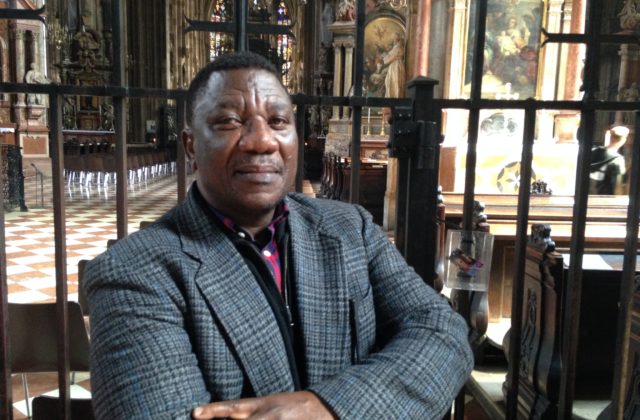Okome, Onookome
NIAS Individual Fellowship

Gendering the Popular: Nollywood and the Reinvention of Women in Contemporary Nigerian Public
Research Question
How does the scholar reconcile real and putative images of women in popular postcolonial media such as Nollywood? What accounts for the persistence of the old and tired images of women in the face of overwhelming evidence to the contrary? Based on years of researching and writing about Nollywood, my project explains why such images persist in post-traditional Nigeria.
Project Description
“Gendering the Popular,” the project that I will be working on at the NIAS, is a small part of a larger book length study that tracks the rise of Nollywood as local cinema and its growth into a global phenomenon. Working with the title, “Nollywood: Context, Text, Controversy,” this project reads and makes explicit the social origins of this cinema, outlining its grassroots character and its affiliation to notions of popular arts in Africa. It examines the social and cultural imperatives that made the rise of Nollywood inevitable in the late1990s and interrogates what it means to theories and practices of African cinema as a cultural practice. How and why did Nollywood rise above the description of a “cinematic curio” in the 2000s?
Selected Publications
1) Okome, Onookome. Before I am Hanged, Ken Saro-Wiwa: Literature, Politics and Dissent, ed, New Jersey: Africa World Press, 2001. 224pp.
2) Newell, Stephanie, and Onookome Okome, ed, Popular Culture in Africa: the Episteme of the Everyday, New York: Routledge, 2014.
3) Okome, Onookome. “Islam et Cinema en Afrique de l’ouest.” Tresor de Islam en Afrique. Paris: Silvania Editoriale, 2017.